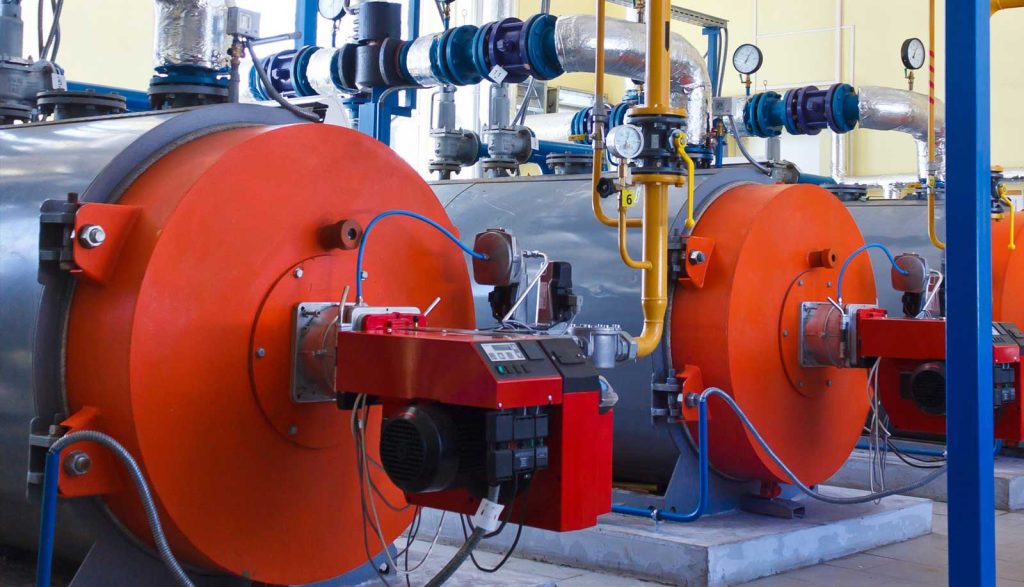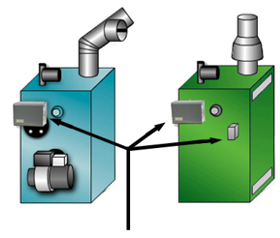Boiler Upgradation

Boiler Upgradation
1. Is your boiler or furnace room hot, or is your boiler hot when it’s not making heat or hot water (especially during the spring, summer and fall)?
If so, your system most likely has high idle losses, and there’s a good opportunity to cut fuel bills significantly.
2. Is your boiler properly sized to the heat loss in your home?
A boiler that has too much capacity typically runs in short cycles and is less efficient than a properly sized boiler. If your burner frequently cycles on and off with short bursts, the boiler may be maintaining temperature and wasting energy. The efficiency of boilers with high idle loss drops rapidly under these conditions. Boilers with very low idle loss operate much closer to the rated efficiency under all conditions and are nearly immune to oversizing efficiency reductions.
 3. Does your boiler only have an operating (low efficiency) control?
3. Does your boiler only have an operating (low efficiency) control?
A boiler operating control is usually a gray temperature control box that is roughly 6” x 5”and is mounted on the boiler. Some have digital readouts, although most only have internal dials for set points. Most conventional boilers installed before the end of 2012 have this type of control, offering a solid opportunity to improve performance with an integrated heat and hot water system.
4. Is your hot water made in a coil in your boiler, in a hot water tank with a metal flue, or in an electric water heater?
Hot water stored in a separate water tank with no flue and heated by a boiler with low idle loss will significantly cut hot water energy consumption. Although electric hot water is efficient in your home, power plants typically convert and deliver less than 30% of the energy burned to make electricity, which makes electric hot water very expensive and inefficient.
5. Does your boiler, furnace, or water heater have a pilot light?
Pilot lights continuously drain energy which also increases idle loss. A pilot light is like a beacon that indicates older equipment; very significant savings can be achieved by upgrading these systems to a high-efficiency boiler or integrated home heating system.
6. Is your heating duct system well sealed and insulated?
Poorly sealed and un-insulated ductwork, especially in unheated spaces, can lead to tremendous heat losses.
